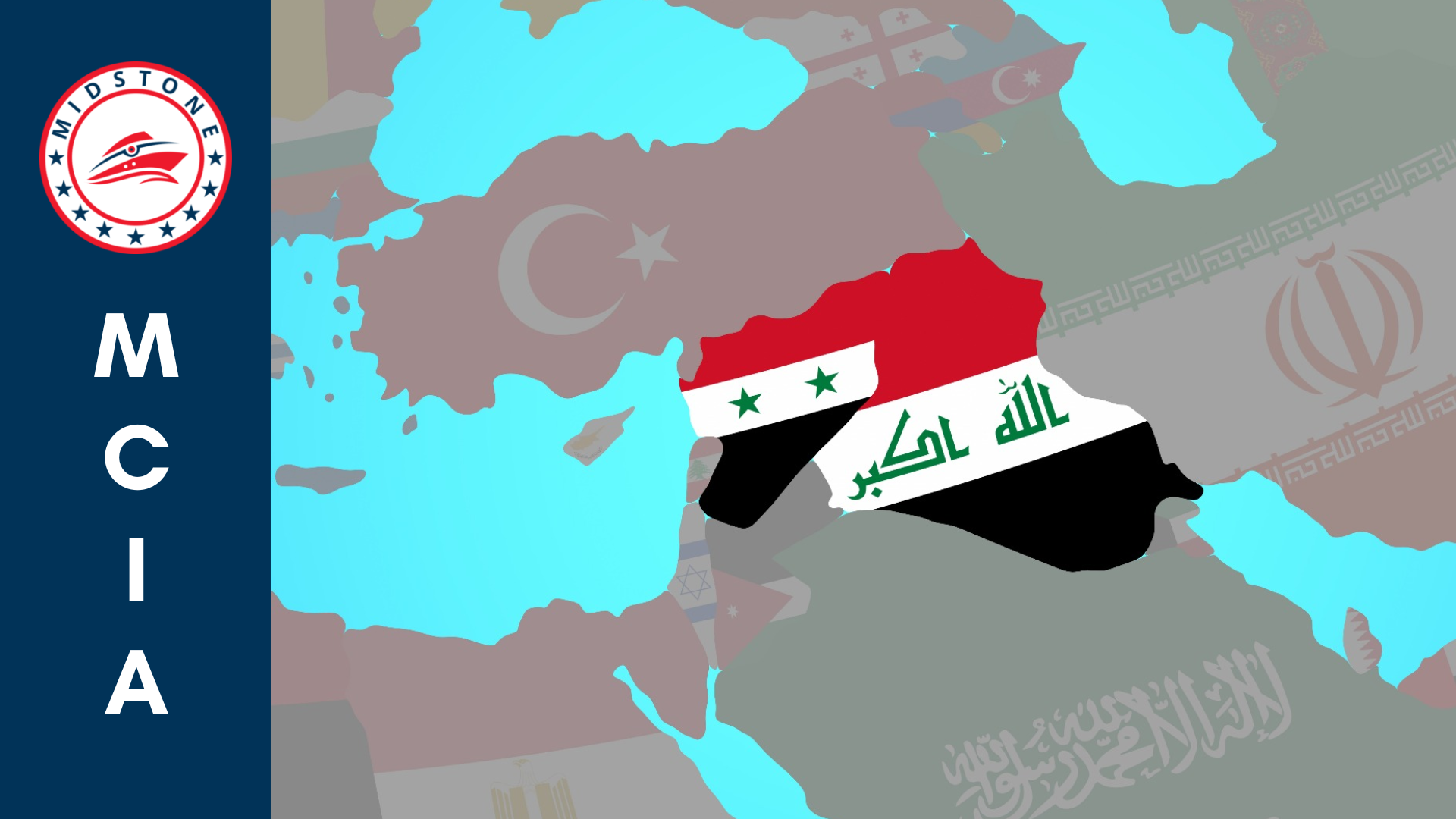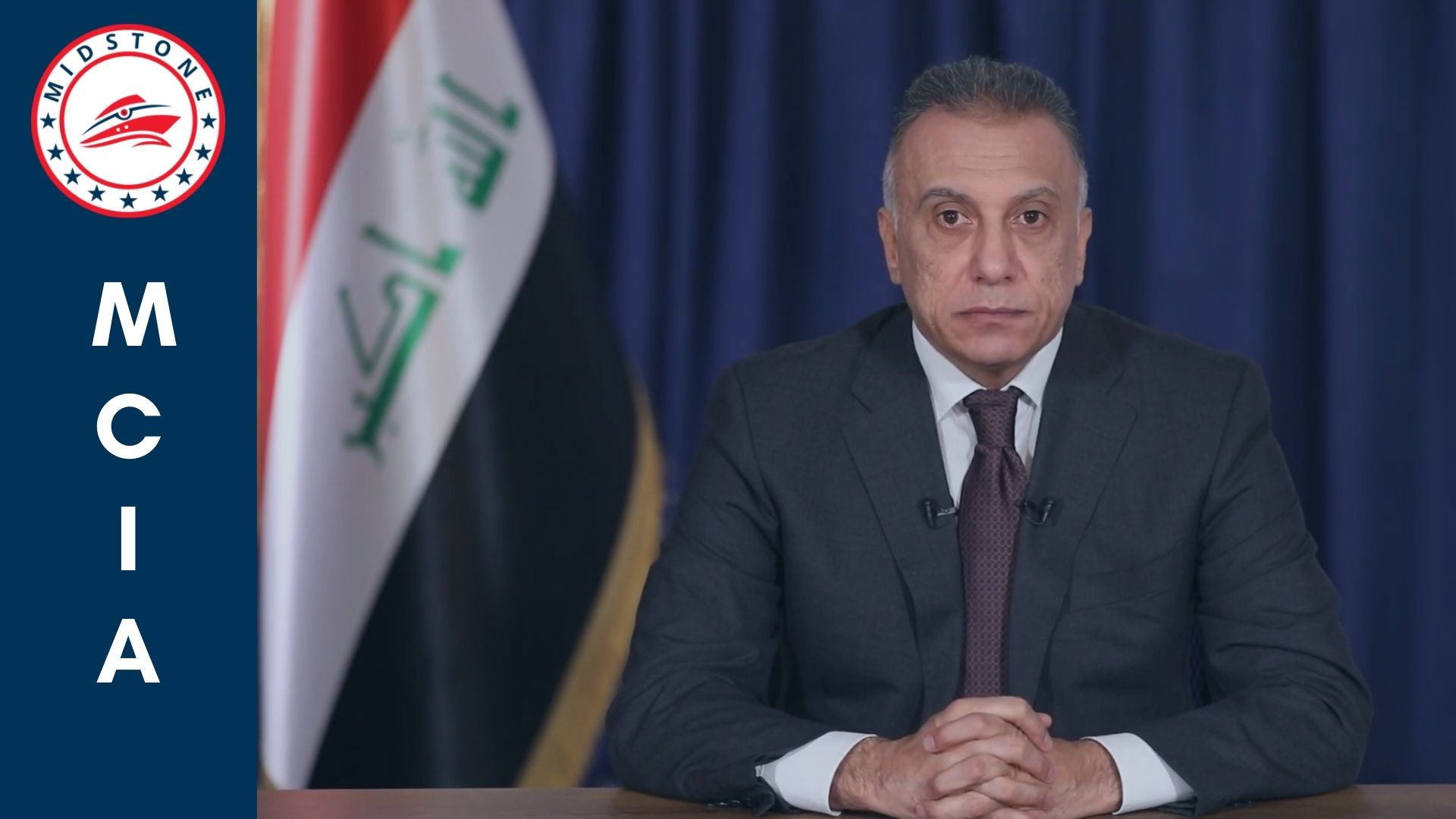The ‘Anti-Assad Triangle,’ comprising Hayat Tahrir al-Sham (HTS), Syrian Opposition Forces, and the Kurdish-led Syrian Democratic Forces (SDF), has recaptured significant parts of Aleppo in a surprise offensive, pushing back regime forces weakened by the absence of strong support from Russia, Iran, and Hezbollah. Turkey has backed this coalition to pressure Assad, while Israel benefits from the disruption to Iranian and Hezbollah infrastructure in Syria. However, regional security concerns persist, with potential re-engagements by Iranian forces, Hezbollah, and Russian interests to stabilise Assad's crumbling hold on power. The coming days will test the regime's ability to regroup or face further losses.
With Kevin McCarthy as Speaker of the House with a Republican majority, it is widely assumed that there will be some shifts in US Foreign Policy. There are several countries in crisis that could benefit from a change of approach from Washington, whether it’s increasing development projects, increased…
The precarious security situation within Iraq continues to garner interest without a major crisis yet, but still manages to provide ample commentary while maintaining the same cast of characters: Shia militias that act as proxies for Iran, Mustafa al-Kadhimi the former head of the National Intelligence Service and current Prime Minister and the National Intelligence Service itself. The moves that the Shia groups are making can be interpreted as part of a power play.



